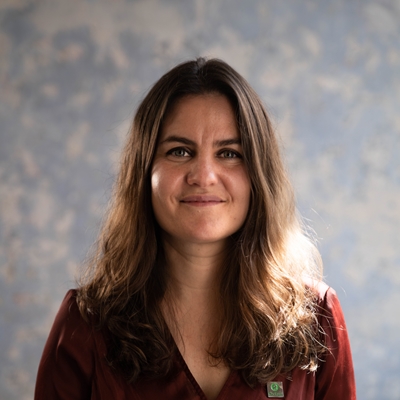
It contrasts with the laissez-faire approach that, in its purest form, eschews any attempt to guide the economy, relying instead on market forces to determine the speed, direction, and nature of economic evolution. Economic planning, the process by which key economic decisions are made or influenced by central governments. The economic development plan provides a comprehensive overview of the economy, sets policy direction for economic growth, and identifies strategies, programs, and projects to improve the economy. Local government economic development planning is part of a regions overall economic development strategy and involves intergovernmental coordination. When planning for economic development, the goal is to create and maintain a strong, vibrant local economy.

Its used to help communities across diverse situations. An economic development plan is a carefully built framework thats long-term in scope. Economic efficiency will be present with minimum negative externalities to society, including agency, transaction, secondary and opportunity costs. Economic development occurs when all segments of the society benefit from the fruits of economic growth through economic efficiency and equity. This goal of communal care would be especially relevant for religious refugees who as foreigners and strangers became responsible for caring for their own group.Economic development transforms a traditional dual-system society into a productive framework in which everyone contributes and from which receives benefits accordingly. As religious options multiplied within Christianity, ones understanding of community determined the boundaries, albeit contested and sometimes fluid, of responsible poor relief.

Although different roles emerged from varying relationships and negotiations with local political authorities and city councils, reform-minded ministers and lay leaders shaped a variety of institutions to address the problem of poverty and to promote social and communal responsibility. This new cadre of reformers served as catalysts, organizers, stabilizers, and consolidators of strategies to alleviate poverty, the most glaring social problem of early modern society. Population growth, economic crises, and migration in early modern Europe caused poverty and begging to be an ever-increasing concern, and religious leaders encouraged the development and expansion of poor relief institutions. Rather they considered social welfare reform to be an integral part of religious reform and worked to modify existing poor relief institutions or to set up new ones. Although poverty was once associated with the religious image of piety, reformers no longer saw it as a spiritual virtue. As preachers, policy makers, advocates, and community leaders, these reformers offered a new interpretation of salvation and good works that provided the religious foundation for poor relief reform. de72750f-bd67-3162-8cc0-cb29dd5f6344 Economics of Faith Economics of Faith examines the role of religious leaders in the development of poor relief institutions in early modern Europe. This goal of communal care would be especially relevant for religious refugees who as foreigners and strangers became responsible for caring for their own group.

Economics of Faith examines the role of religious leaders in the development of poor relief institutions in early modern Europe.


 0 kommentar(er)
0 kommentar(er)
